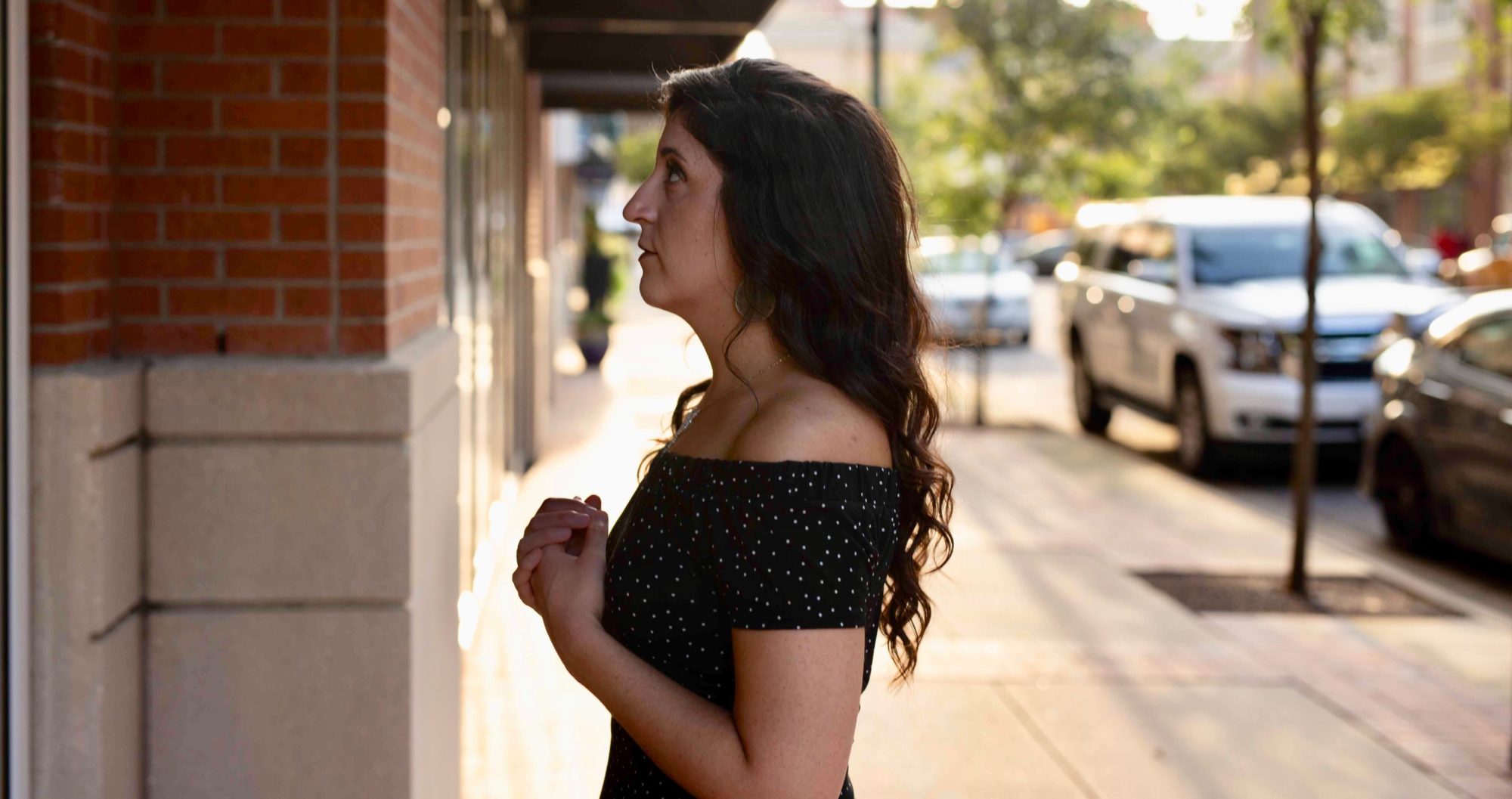I vented to a friend today about my disdain for social media. (That’s right, folks — my disdain.)
I shared a couple of examples of the posts I have found in my social media feeds that frankly have disturbed me (think “newborn babies in costumes”). And then I asked what has weighed heavily on me lately:
“Why? Why do people think that this will enrich my life?”
But the more I thought about my own questions, the clearer an important truth became: people do not care if what they post enriches my life.
They do not care.
That’s because people don’t use social media to meet other people’s needs. They use it to meet their own needs — needs for attention, or connection, or affirmation, or validation, or adoration, or expression.
But it concerns me.
It concerns me because it threatens our relationships — some people in our lives would die (to self) to provide us with undivided attention, and we rob them of the opportunity to do it while we find attention on social media.
We crave affirmation, validation, adoration and can get it on social media, but when we do, we don’t notice the people right in front of us who happily would provide it for us.
It threatens our boundaries. Some people deserve more access to us than others, by virtue of their roles in our lives, but we deprive them of it in favor of a perpetual connection to social media and all the people on it.
And it disturbs me, because it illuminates a dark side of social media: it can become to relationships what masturbation is to sex — an attempt to achieve alone what cannot be achieved alone.
It positions us to preserve shallowness in our relationships, and worse, to prefer it. We learn to feel satisfied with what’s shallow when we are designed for depth and are created able to shatter whatever is shallow in order to find it.
Plus “our loved ones merit our complete attention. Jesus is our model in this, for whenever people approached to speak with him, he would meet their gaze, directly and lovingly (cf. Mk 10:21). No one felt overlooked in his presence, since his words and gestures conveyed the question: ‘What do you want me to do for you?’ (Mk 10:51).” (Amoris Laetitia, 323)
But social media divides our attention, and so many of us let it, without regard for what it’s going to do if we don’t do something different: damage.
So I implore you to ask yourselves the questions I now ask myself:
What needs have I used social media to meet?
Are they healthy needs?
If so, is social media actually a thing that’s supposed to meet them?
What am I not focused on when I’m focused on social media?
And how often is that ok?
Let’s ask ourselves these questions — and then let’s act on our answers to them.
Let’s do this for the sake of the people we’ve cheated out of the caliber of presence and attention they deserve. For the sake of the employers who pay us to work, not to scroll on smartphone screens. Let’s ask for our own sakes, too.
Because it is clearer now that how we have used social media has hurt us — that its role in our lives has been so abused that it has turned us into aggressive finders, likers, and sharers of what we value but complacent live-ers of it.
That it has turned us perpetually toward ourselves and away from others, which threatens our willingness to do what we are designed to do: love each other.
